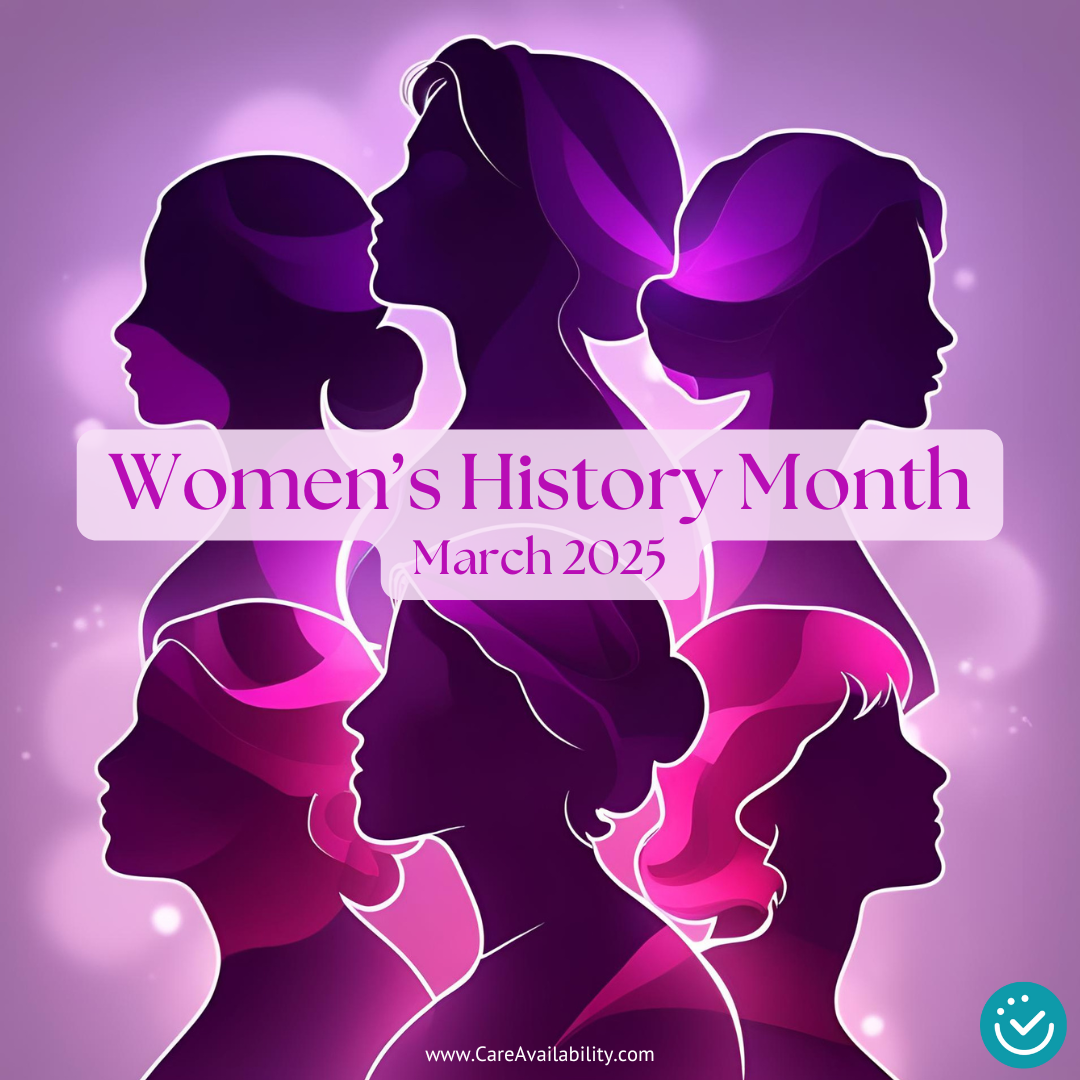Women’s History Month: Honoring the Past, Inspiring the Future
Every March, Women’s History Month serves as a powerful reminder of the extraordinary contributions women have made—and continue to make—in every corner of society. It’s a time to reflect on progress, acknowledge the work still ahead, and celebrate the countless women who’ve helped shape our world.
How It All Began
The origins of Women’s History Month stretch back to the early 20th century, rooted in labor movements and demands for women’s rights. It all started with International Women’s Day, first celebrated on March 8, 1911, in several European countries. The day was inspired by protests and campaigns led by women demanding fair wages, voting rights, and improved working conditions.
In the United States, the push for a more formal recognition began in Sonoma County, California, where a group of educators launched a local “Women’s History Week” in 1978, centered around March 8th. The idea quickly gained momentum nationwide.
By 1980, President Jimmy Carter issued the first presidential proclamation declaring the week of March 8 as National Women’s History Week, stating:
“Too often the women were unsung and sometimes their contributions went unnoticed. But the achievements, leadership, courage, strength and love of the women who built America was as vital as that of the men whose names we know so well.”
– President Jimmy Carter, 1980
In response to a growing grassroots movement, Congress passed Public Law 100-9 in 1987, officially designating March as Women’s History Month. Since then, each president has issued annual proclamations honoring the achievements of American women.
Celebrating Women’s Achievements
Women’s History Month shines a light on both prominent and lesser-known women in history. From pioneering scientists like Rosalind Franklin, to political icons like Shirley Chisholm (the first Black woman elected to the U.S. Congress), to leaders in arts, sports, and social justice—this month honors the vast range of women’s experiences and influence.
Organizations such as the National Women’s History Alliance (NWHA) work year-round to promote women’s stories and accomplishments.
Each Year Has a Theme
Every Women’s History Month features a specific theme. For example, the 2025 theme (announced by the NWHA) is “Women Who Advocate for Equity, Diversity and Inclusion”, focusing on the women who are actively working to eliminate bias and build stronger communities.
Past themes have honored:
- Women in STEM
- Suffragists and voting rights activists
- Trailblazers in labor and education
Why It Matters
While the month highlights progress, it also reminds us of the ongoing fight for gender equity. Women today still face disparities in pay, leadership roles, and healthcare access. According to the U.S. Department of Labor, women working full-time earn roughly 84 cents for every dollar earned by men. And despite making up more than half the population, women remain underrepresented in government, STEM fields, and executive positions.
How to Get Involved
- Educate yourself and others about influential women in history.
- Host or attend events in your community or workplace.
- Support women-owned businesses and nonprofits.
- Share stories on social media to raise awareness.
- Encourage young girls to dream big, lead boldly, and rewrite history.
